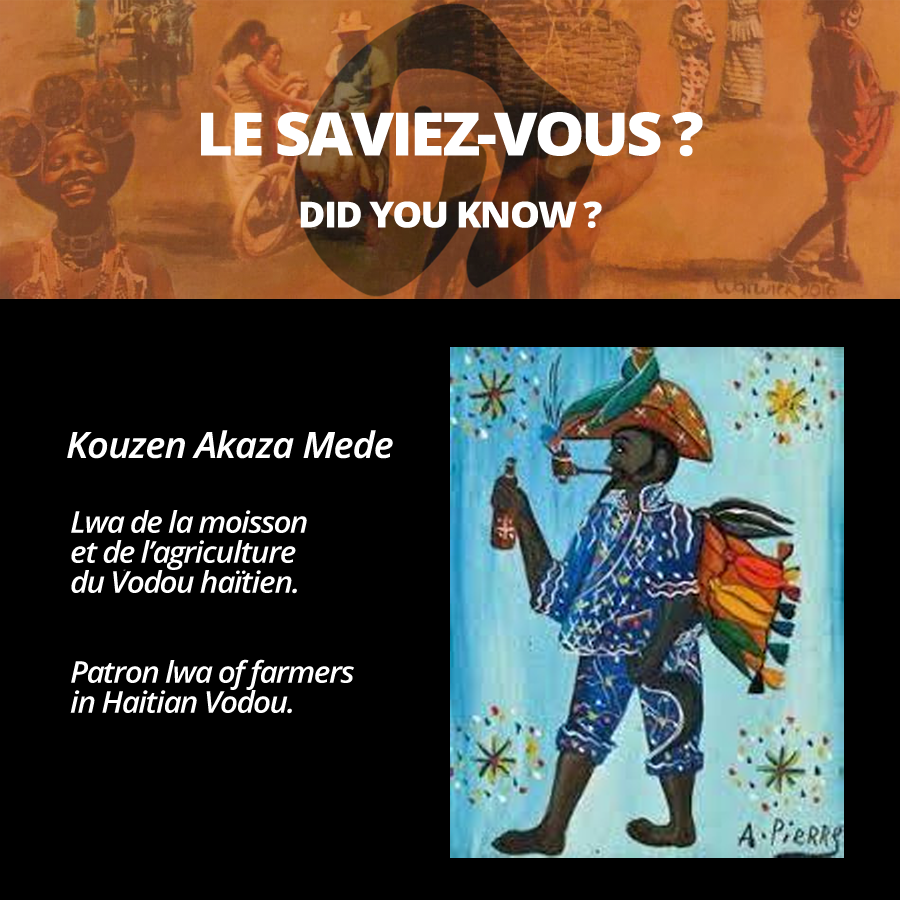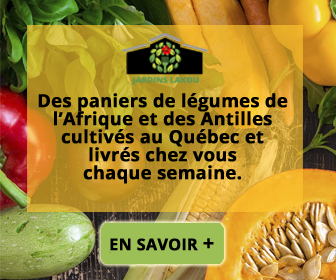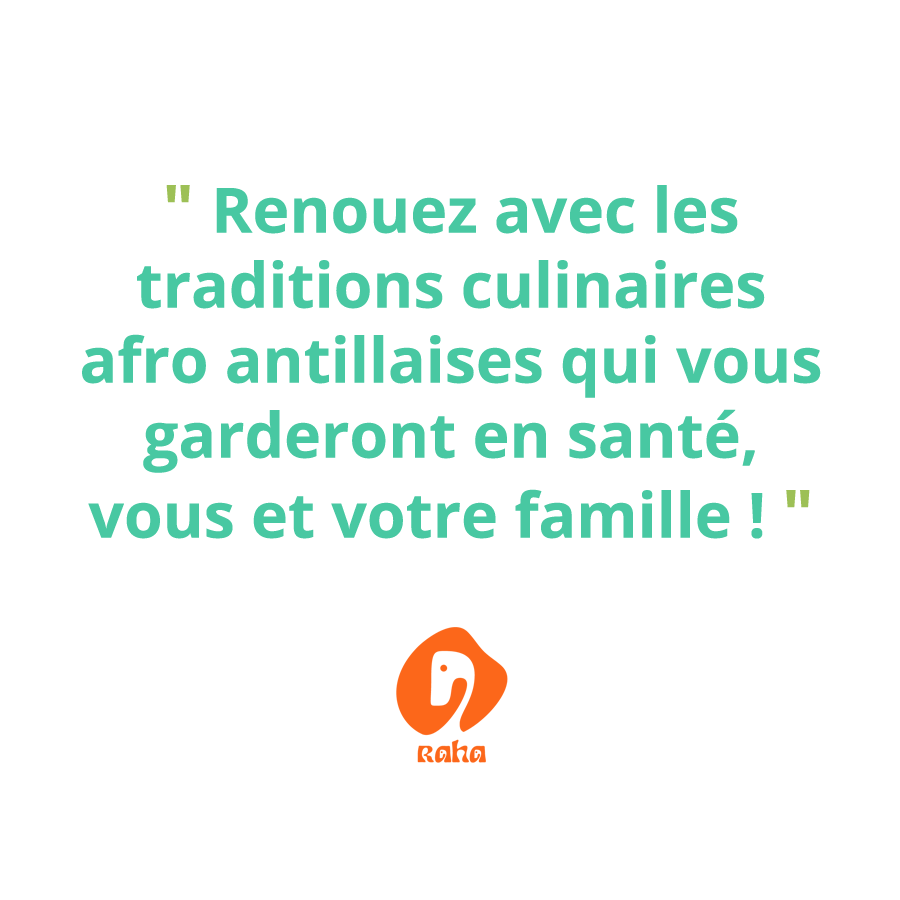Kouzen Zaka est un maître dans le traitement des maladies à l'aide de feuilles et d'herbes, et est connu pour garder ses herbes les plus importantes dans son djakout (sac à dos en paille). C'est un paysan lwa qui aime les choses simples de la vie. Son homologue féminin est Kouzin, un modèle de la femme marchande qui est connue pour sa voix forte et ses talents de négociatrice. L'importance de ce couple de lwa, Azaka et Kouzin, est le reflet des relations entre les maris et leurs femmes en tant qu'agriculteurs et marchandes. La plupart des lwa (dieux, esprits et divinités) du Vodou sont des ancêtres vénérables. Ils ne sont pas adorés mais respectés, aimés et convoités principalement pour leurs conseils, protection et bénédictions. Leur invitation nécessite un certain protocole. La religion et la culture haïtienne sont intimement liées à l’agriculture locale, à tel point que les cérémonies de Vodou sont habituellement appelées manje lwa: festin des dieux. Pendant ces festivités, les dieux et le voisinage mangent des aliments locaux. Les divinités deviennent puissantes en proportion directe des quantités et variétés de nourritures préférées qui leur sont données en offrande, et aussi du soin qui est mis dans leur préparation et présentation. Pour en apprendre davantage : Extremely popular in all of Haiti, Kouzen Zaka, or Azaka, is the patron lwa of farmers, but he is also known as a lwa travay, a work lwa. He is also known as Minis or Azaka Mede, as minister of agriculture. More commonly called Kouzen, because he reminds the people of the importance of their family roots and the land from which those roots originated. Kouzen Zaka is a master at treating illnesses using leaves and herbs, and is known to keep his most important herbs in his djakout (straw backpack). He is a peasant lwa that enjoys the simple things in life. His female counterpart is Kouzin, a model of the merchant woman who is known for her loud voice and bargaining skills. The significance of this pair of lwa, Azaka and Kouzin, is the parallel relationship of husbands and their wives as farmers and merchants. The lwa (gods, spirits, deities) of Vodou are, for the most part, venerable ancestors. They are not worshipped but respected, loved, and sought after, mostly for advice, protection and blessings. To summon them requires certain formalities. Haitian religion and culture are so linked to local agriculture that Vodou ceremonies are routinely called manje lwa: food for the gods. During these feasts, the gods and their communities partake of local foods. The gods become empowered in direct proportion to the quantities and varieties of favorite foods that are offered to them, and the care that is put into their preparation and presentation. Further readings : |
Jean-Philippe VézinaMaraîcher, entrepreneur social, DJ et Blogueur. Archives
Juin 2022
Categories
Tous
|


 Flux RSS
Flux RSS



